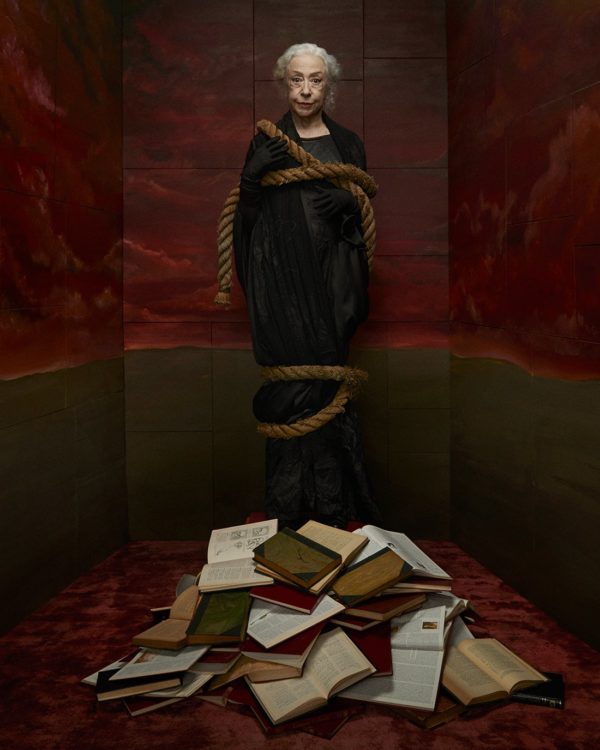By Nick Corbishley,
Mexico’s antitrust agency Cofece has accused the domestic subsidiaries of JP Morgan Chase, Bank of America, Citigroup, Barclays, Deutsche Bank Santander, and BBVA of colluding to rig Mexican bond prices, in particular treasury notes, over a ten-year period. Following a three-year investigation, Cofece on Monday declared that it had notified “various economic agents” of their likely involvement in a concerted scheme to manipulate Mexican bond prices .
Sergio Lopez, the head of Cofece’s investigative unit, said that the agency’s probe had unearthed evidence that between 2006 and 2016 banks conspired to withhold bond inventories from the market in order to benefit each other. In a summary on its website, Cofece described the banks’ actions as “absolute monopoly practices”. Also implicated in the scandal, according to the financial daily El Financiero, are:
- Bank of Mexico (Banxico), which conducts the primary auctions of Mexican government treasuries.
- Mexico’s former government, which did everything within its power to halt the investigation and bury the scandal.
Banxico was apparently happy with this arrangement since it ensured that the money market did not spiral out of control and that interest rates did not suddenly soar. The fact that seven of the world’s biggest banks, all with cozy ties to Banxico, were making easy, risk-free profits along the way was no doubt an added bonus. As Dário Celis writes in El Financiero, the apparent knowledge and complicity of Banxico in the cartel’s activities, whose “fixing of treasury rates robbed savers and the government” itself of huge sums of money, is a “scandal.”
In Mexico’s treasury market, all primary market operations, such as weekly auctions and special auctions, are susceptible to collusion, as are all secondary market operations carried out by telephone or through brokers, according to Cofece.



















